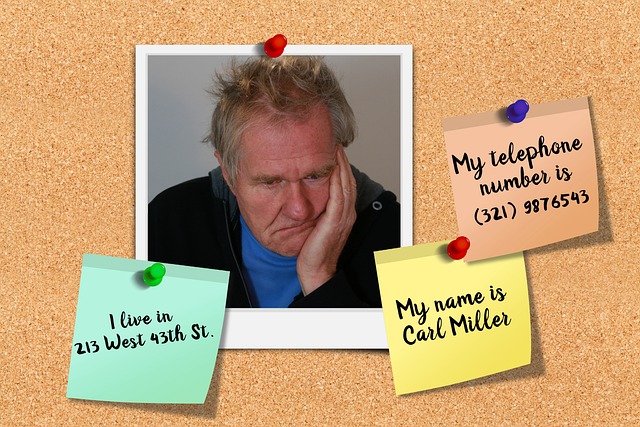In South Carolina, specialized clergy abuse law firms offer critical support to survivors of harmful or inappropriate behavior by religious leaders. These firms provide tailored legal expertise, guide victims through complex systems, advocate for their rights, and pursue compensation while also pushing for systemic changes within religious institutions. Along with legal aid, survivors have access to counseling, local support groups, hotlines, and online resources designed to help them heal from trauma and rebuild their lives.
In South Carolina, the impact of clergy abuse survivors’ stories has prompted a closer look at legal protections and support systems. Understanding the unique challenges faced by those who have experienced abuse within religious institutions is crucial. This article explores the significance of specialized legal assistance through a clergy abuse law firm in SC, providing resources for survivors to navigate their rights and seek justice. By shedding light on this issue, we aim to empower survivors and ensure they have access to the necessary tools for healing and closure.
Understanding Clergy Abuse and Its Legal Ramifications in South Carolina
In South Carolina, clergy abuse refers to any form of harmful or inappropriate behavior by members of the clergy or religious leaders towards individuals within their care or under their authority. This can include physical, emotional, sexual, or financial abuse and may occur in various settings such as churches, schools, or humanitarian organizations affiliated with religious institutions. The legal ramifications of clergy abuse are complex due to the sensitive nature of the issues involved and the unique power dynamics at play.
Survivors of clergy abuse often face significant challenges when seeking justice, including cultural and religious barriers that may discourage them from coming forward. A specialized clergy abuse law firm in South Carolina can provide crucial support by offering legal expertise tailored to these complex cases. These firms help survivors navigate the legal system, understand their rights, and pursue compensation or other forms of justice for the harm they have suffered. They also advocate for systemic changes within religious institutions to prevent future instances of clergy abuse.
The Role of a Specialized Clergy Abuse Law Firm in SC
In South Carolina, a specialized clergy abuse law firm plays a pivotal role in supporting survivors of clerical misconduct. These firms are equipped to handle complex legal matters related to sexual or emotional abuse within religious institutions, offering expertise that goes beyond traditional legal practice. They provide crucial assistance by guiding survivors through the legal process, ensuring their rights are protected and their voices heard.
With a deep understanding of the unique challenges faced by clergy abuse victims, these specialized firms offer a safe space for individuals to come forward and seek justice. They navigate the intricate web of church laws, religious doctrines, and state regulations, enabling survivors to pursue legal redress effectively. Through proactive representation, they aim to hold accountable those who have exploited their positions of power within religious communities.
Support and Resources for Survivors of Clergy Abuse in South Carolina
In South Carolina, survivors of clergy abuse have access to crucial support and resources as they navigate their unique challenges. Many organizations and clergy abuse law firm South Carolina specialists offer assistance tailored to help individuals heal from past traumas. These services encompass legal aid, counseling, and advocacy, ensuring that survivors can take control of their journeys towards justice and recovery.
Local support groups provide a safe space for sharing experiences and connecting with peers who have faced similar situations. Legal experts within clergy abuse law firm South Carolina are well-versed in the complexities of these cases, offering guidance on filing lawsuits, understanding rights, and pursuing compensation to help survivors rebuild their lives. Additionally, hotlines and online resources facilitate confidential communication, enabling individuals to access immediate assistance when needed.





